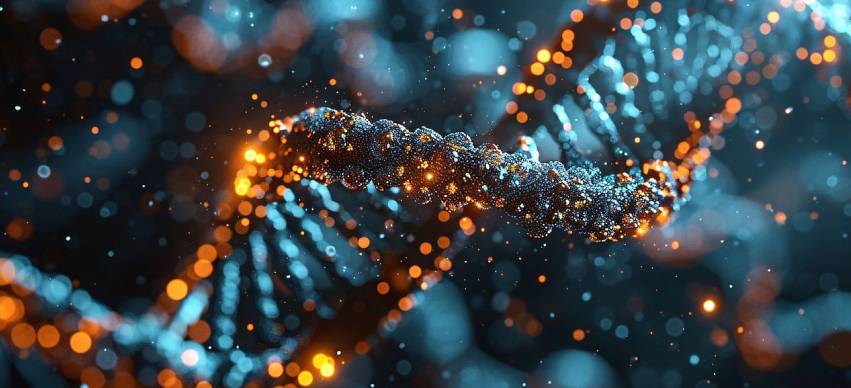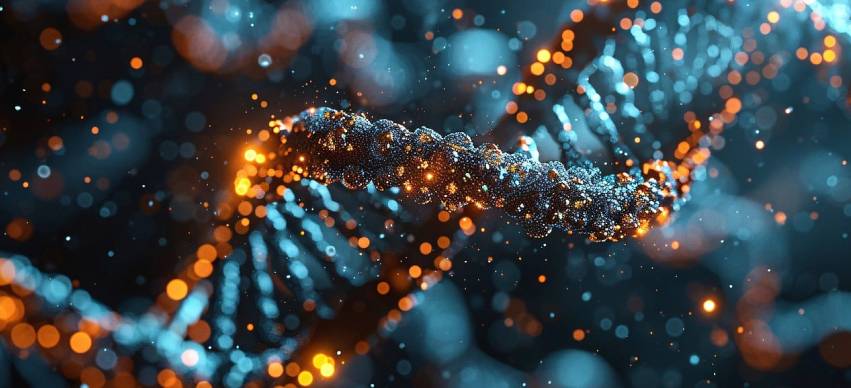Everyday Habits That Can Protect Your Eyes from Damage
4 Min Read


When it comes to plastic surgery outcomes, what many people might not even think about is that one's genetic makeup plays a major role. Everyone has unique genetics, and whether we like it or not, this can influence how one’s body responds to a procedure. For example, if a person has elastic skin, they might enjoy better results after a facelift. On the flip side, someone with less elastic skin might experience different outcomes. A study published in the journal “Plastic and Reconstructive Surgery” shows that genetics can affect how skin ages and how it heals after surgery which makes it crucial for people to understand their genetic background before undergoing any procedure.
Genetics and body fat
Genetics can also determine the way someone’s body stores fat or shapes their features. For instance, if a family has a history of certain body shapes or facial features, those traits are likely to get passed down. When someone decides to get a cosmetic procedure like liposuction or breast augmentation, genetics may influence how effectively the body responds to the surgery, which can lead to varying results, as not everyone will have the same reaction to the treatment.
Personalizing expectations
It’s important for people to have realistic expectations, especially since genetics play a bigger role than many might think. That means having a chat with your surgeon about your family health history is one of the smartest steps you can take. When you share this info, the surgeon can get a better idea of how your genes might affect the results. For example, if someone has a family history of scarring, the surgeon will take that into account when planning the surgery and might even suggest different options to keep things safe.
Knowing how genetics come into play can also help someone pick the right procedure for them. So, let’s say someone wants to get a tummy tuck - one of the most popular procedures out there, especially for people looking to achieve a flatter, tighter stomach after weight loss or pregnancy. When it comes to personalizing a tummy tuck, knowing a patient’s family genetics plays a big role. If someone has relatives who tend to have certain skin types or scarring patterns, that info helps the surgeon figure out how to best approach the surgery. For instance, if there’s a family history of thick scarring, the surgeon might use techniques that reduce the risk of those kinds of scars, or they could recommend some extra post-op care for the best healing.
The Healing Process
Another important aspect to consider is how genetics affects the healing process after surgery. Everyone heals differently, and genetics can determine the speed and nature of recovery. For example, some people may heal quickly and with minimal scarring, while others may take longer and develop noticeable scars. A study indicates that some individuals show a genetic predisposition to form hypertrophic or keloid scars. This means the surgical results could vary dramatically based on someone's genetic background.
So, whether you like to admit it or not, genetics play a huge role in how plastic surgery turns out. From shaping your physical features to affecting how you heal, your genetic background impacts your expectations and results. The good news? When you understand how genetics affect surgery outcomes and chat with your surgeon about your family health history, you'll be better equipped to make smart decisions.